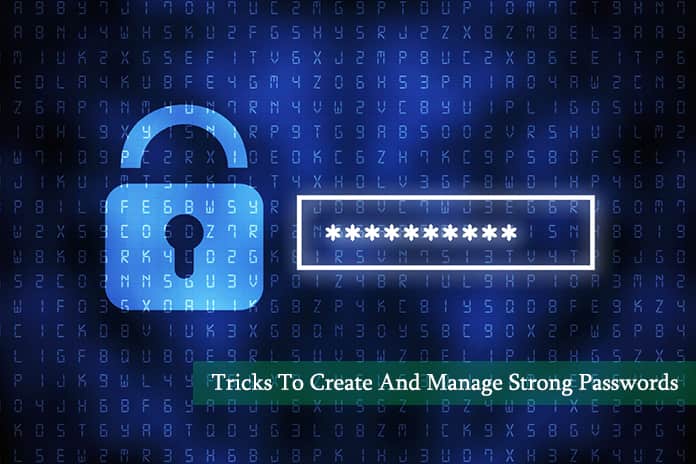Digital identity theft is one of the most frequent and the Internet. If your digital identity is stolen, they may have access, for example, to your bank accounts. To avoid being a victim of cybercriminals, it is essential that you protect all your accounts on the Internet with strong passwords.
Next, we explain how a secure password should be and how to remember all of them.
What Is A Password?
Passwords are combinations of characters, which can be letters, numbers, or special characters. They are used to validate your identity when you want to access a computer program, a file, or any online service.
You also use a 4-digit password to access your smartphone, and it is even likely that you use a password to access your computer, either at work or your personal computer.
A bad habit and very common is to use the same password for everything. Generally, we do it for convenience and because we have so many accounts to access so many sites on the net that it is impossible for us to remember all of them.
But if you repeat the same password in all places and, in addition, it is simple to type 1234, your date of birth, the name of your pet or that of your city, etc., it is very easy to steal your identity and enter your bank accounts, on your social networks, email accounts, etc.
To avoid this, it is advisable that you create different and secure passwords for each online service you use.
Characteristics Of A Strong Password
The 4 basic characteristics of a strong password are the following:
- Do not use the name of your pet, your city, your summer town or any family member.
- Do not use your DNI number, your date of birth or your zip code number.
- Try not to repeat name or characters in different passwords.
- They must be at least 16 characters long, combining at least one number, one uppercase letter, one lowercase letter and a special character. If creating this type of password is difficult for you, there are secure password generators online, such as LastPass Password Generator, Strong Password Generator, Secure Password Generator or Norton Identity Safe.
Tips To Prevent Theft Of Your Passwords
- Do not save your passwords in Chrome, Firefox, Safari or any other browser you use.
- Do not use public Wi-Fi networks to access your important accounts, be they bank or other services that may have sensitive personal information.
- Do not connect to computers other than yours to access your accounts that contain sensitive data.
- If you are travelling and you have to connect to the internet with public wifi, try using a private VPN network. In this way, all the information you transmit will be encrypted, making it more difficult for it to be stolen. Check out the portal Top50vpn.com for more about VPN and best selection of providers today.
- Save the web addresses of your bank, PayPal and other important accounts in “Your favourites”, and always access them from there.
- Be sure to check that the address of the web page you want to access uses the https protocol.
- Change your passwords every 2 or 3 months.
- When new versions of your operating system come out, update it as soon as possible, both on your computer and on your smartphone.
- Protect your computer with a good antivirus.
- Remember only one or two master passwords and save all others in a password manager.
What Is A Password Manager
A password manager is a program used to store passwords in an encrypted database. To access the password manager, you only need to create and remember a password, which is the so-called master password, which should follow the previously recommended guidelines.
Thus, you can save the rest of the passwords in your manager and you will no longer have to memorize them all.
Some of these password managers also offer random password creation services and systems that alert you if someone tries to access any of your accounts.
Some of the most recommended password managers are Dashlane, Lastpass, 1Password or Keepass.


